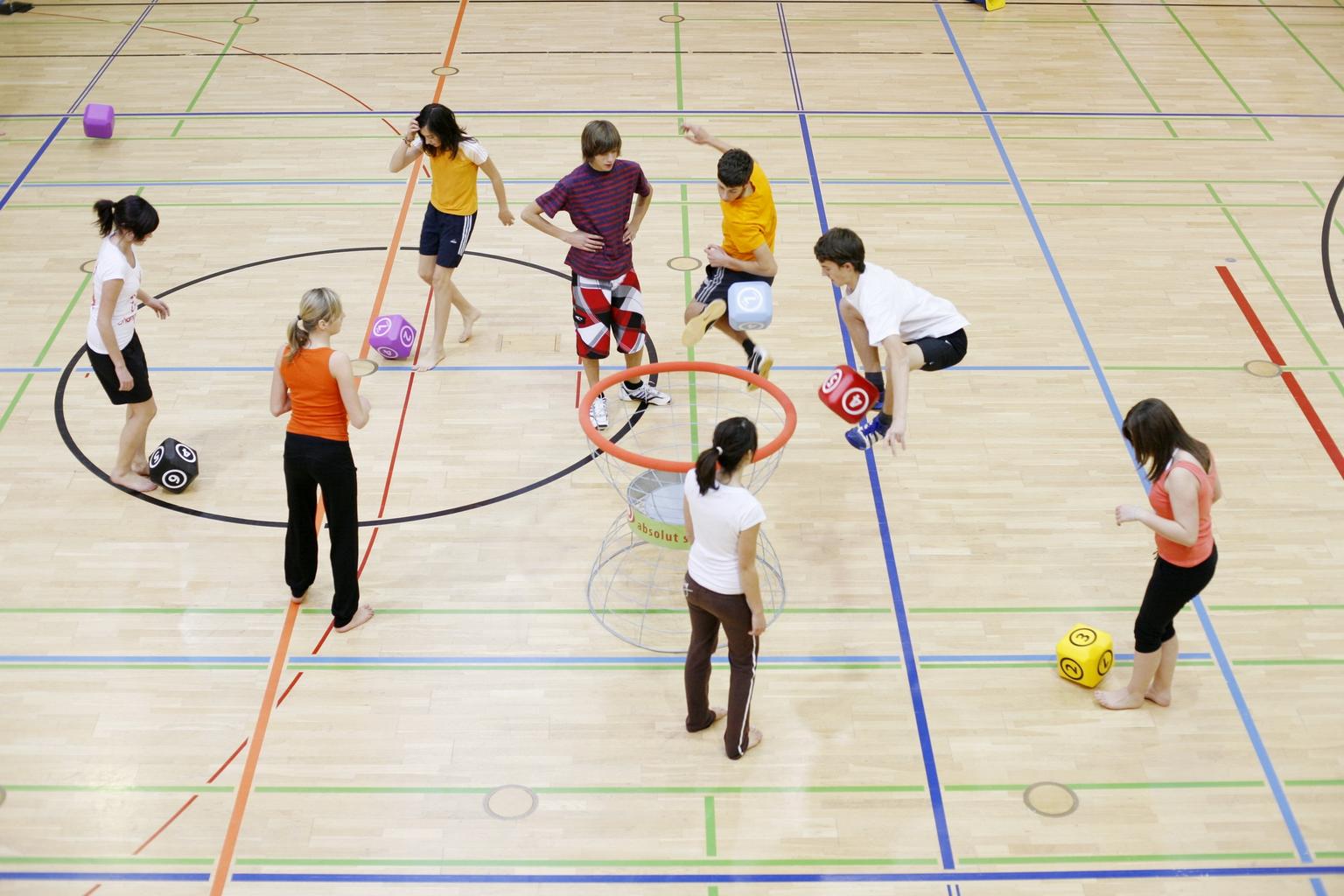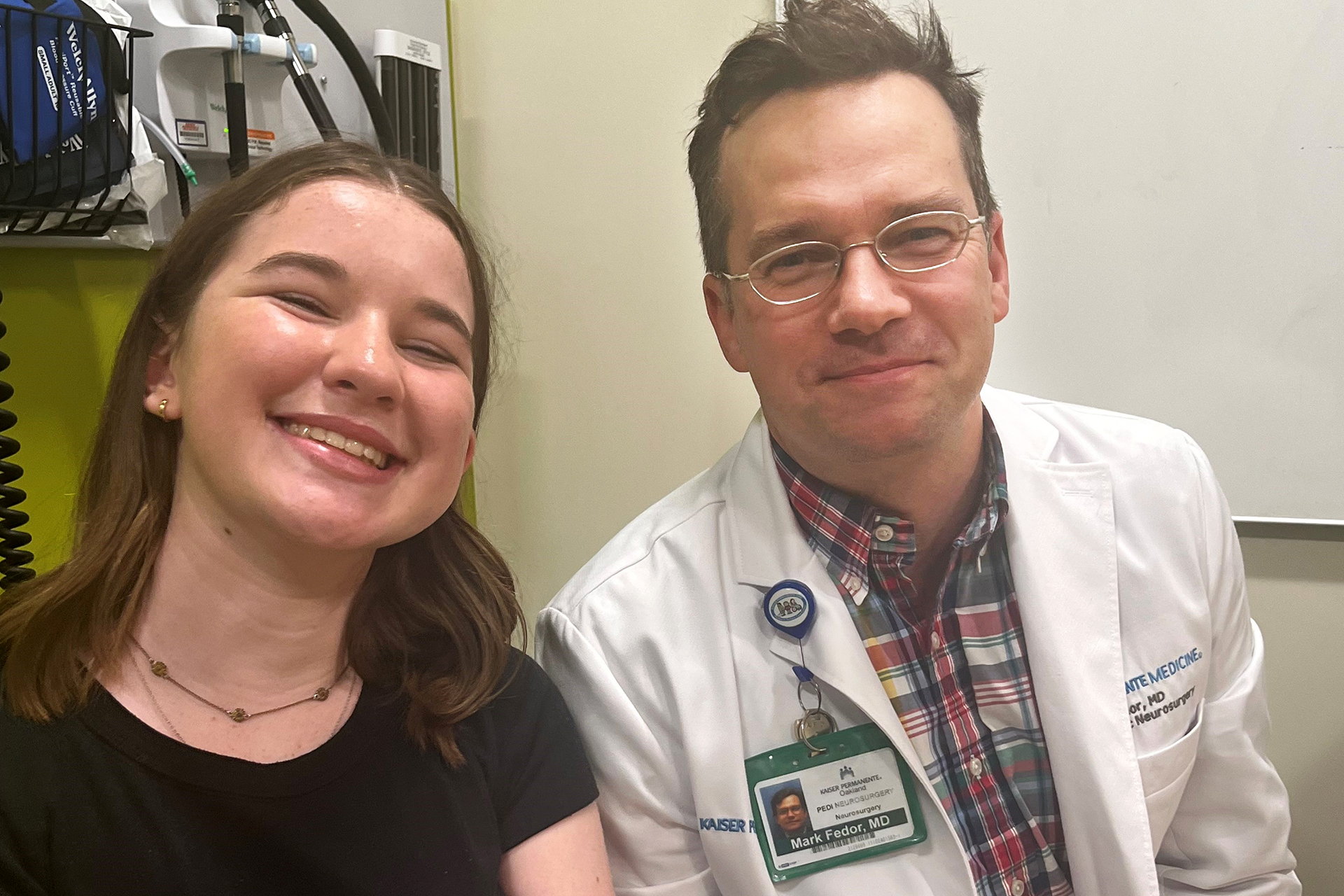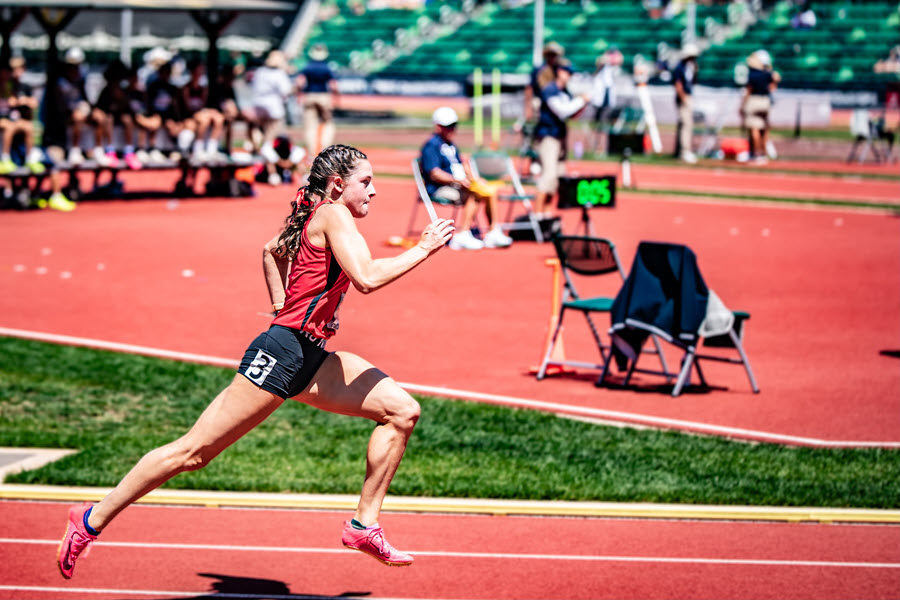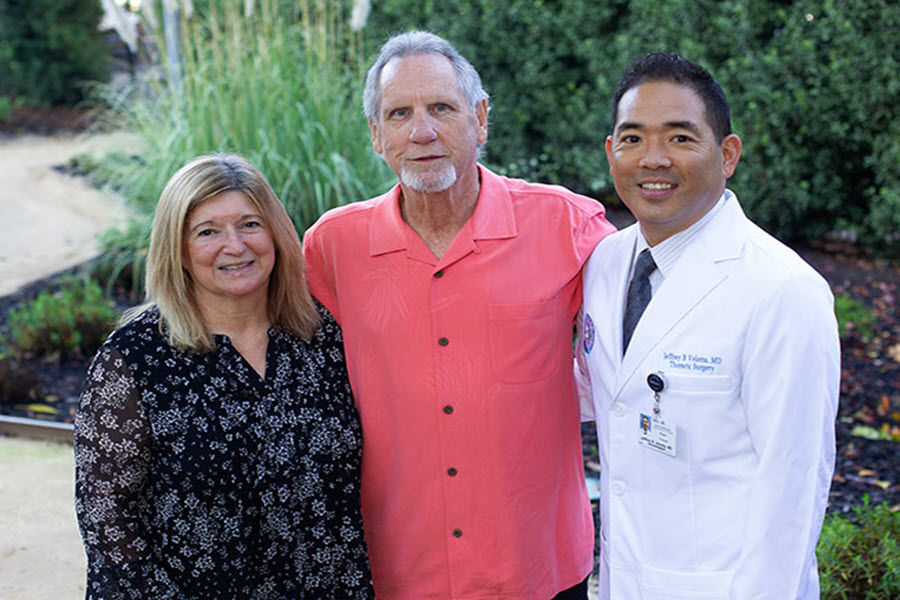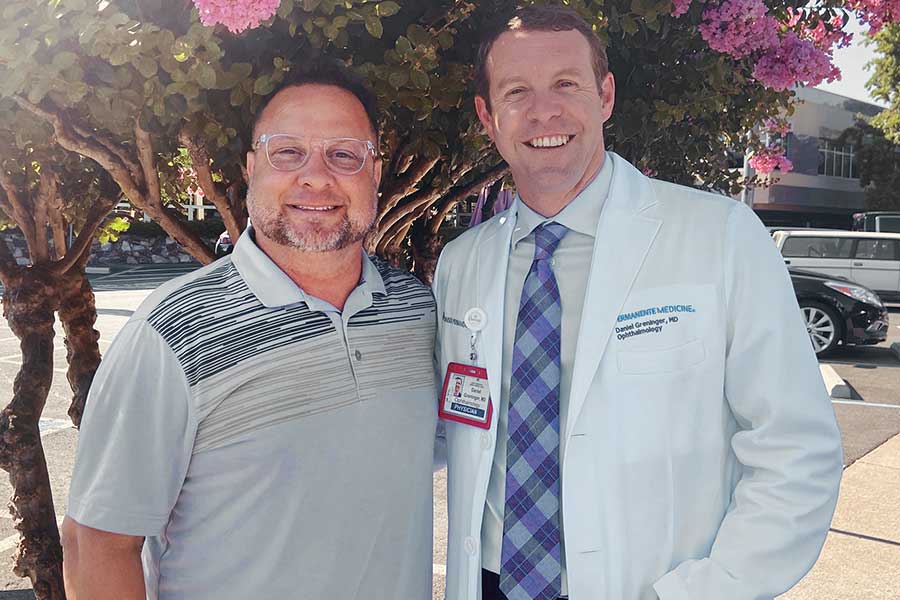By Crystal Hnatko, DO, Family Medicine and Sports Medicine, KP Vacaville
Times Herald Health –August 27, 2017
Training, the right equipment and good coaching are key to a successful sports season. But don’t overlook the importance of nutrition and hydration as well.
Your body is a finely tuned machine. You should put quality fuel in to get quality results out. A healthy well-rounded diet will help your body perform at its best. It can also speed up recovery after a big game, tough practice or an injury.
When talking about nutrition, we often talk about calories. A calorie is a unit of energy from food or drink. But you need to choose quality calories. How many calories your body needs depend on age, sex, height, and activity level. About 2,000 calories for girls and 2,600-2,800 for boys are the recommended amounts for a moderately active teenager
Whole wheat bread and pasta, fruits and protein rich snacks will give you the energy you need. Choose nuts, yogurt, string cheese, or hummus rather than processed foods and sugary drinks. A good rule of thumb is “4-to-1” when trying to pick a healthy snack. Check the label on granola or energy bars and look for one with a carbohydrate to protein ratio of 4-1 or less. That means for every 4 grams of carbohydrate there should be at least 1 gram of protein.
It is important for athletes to eat healthy all day, not just prior to their workout. One common mistake is skipping breakfast. It is especially important to start the day off well with a healthy breakfast. Your brain and your body will perform better if you start the day with the right breakfast, and studies indicate you will live longer! A whole wheat bagel or toast paired with peanut butter or another protein rich food like a hard-boiled egg or Greek yogurt would be a good combination. Fresh fruit is also a great addition.
When traveling for an away game or a weekend tournament, plan ahead. Pack a bag with whole grain bagels or bread with peanut butter, healthy granola bars, fresh or dried fruit and unsalted nuts. Apples and bananas make great portable snacks. If you’re stopping at a restaurant, choose a grilled chicken sandwich, a turkey sub or tomato based pasta and salad. Skip fried foods and sugary or diet drinks. You don’t want to be sidelined with an upset stomach.
It’s also important to stay hydrated. When we are dehydrated our heart rate goes up and our blood pressure drops. This can lead to fatigue, slowing your performance. Electrolyte imbalances can cause muscle cramping. The signs of dehydration include increased thirst, dizziness, feeling tired, sleepy or irritable. You may also have problems concentrating. Electrolyte drinks can be helpful during longer sporting events that last over one hour or if practicing or competing in the heat.
Drink two to three cups of water two hours before exercise. Have one to two more cups about 15 minutes before. Then during your practice or game, have two to three large gulps of water every 15 minutes. Make sure to hydrate after you finish.
Carry a canteen style water bottle on the go and stash an extra water bottle in your locker or sports bag. Set a reminder on your phone to drink up every hour.
This Times Herald article was also published in the Times-Herald Health.


